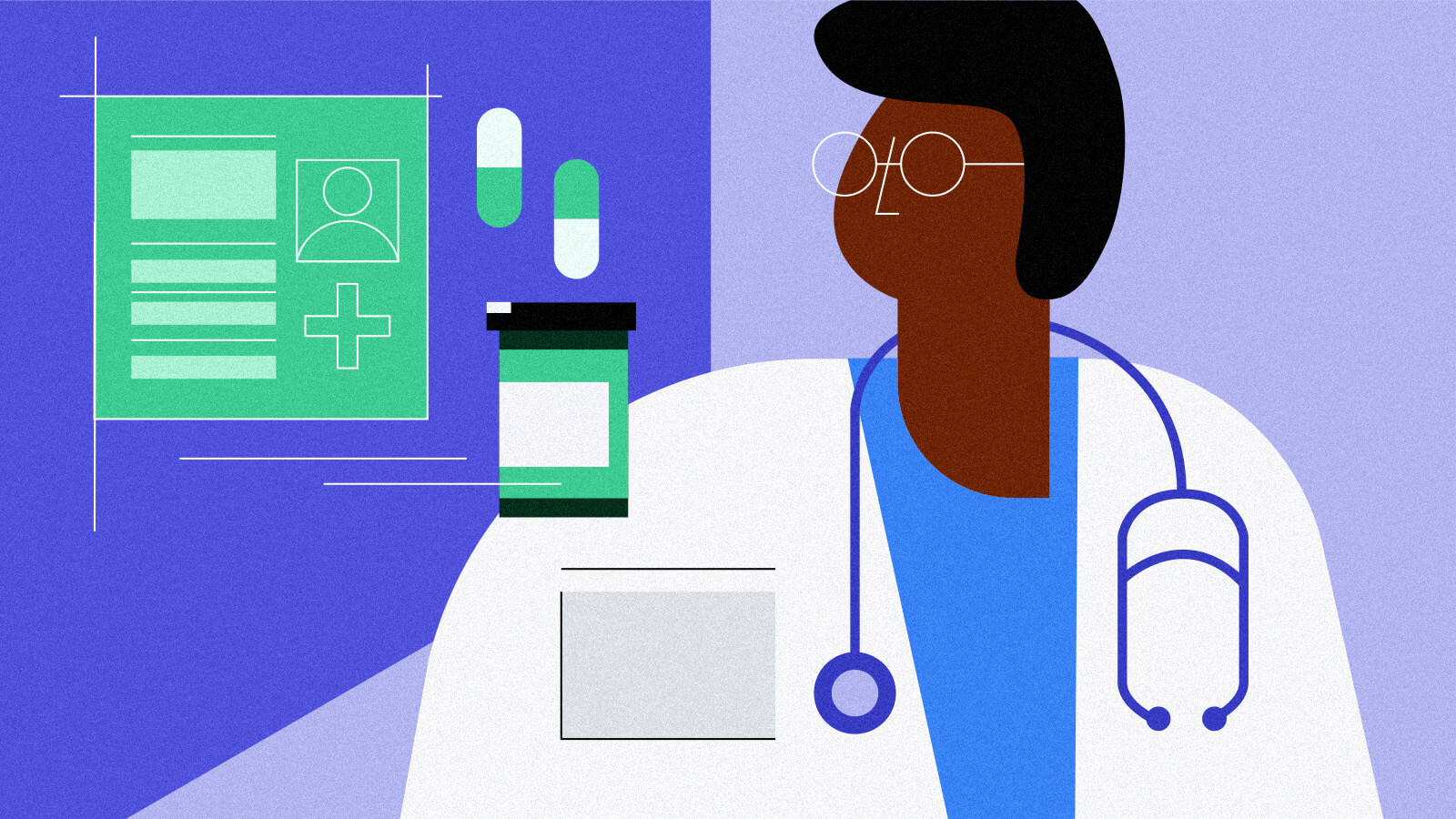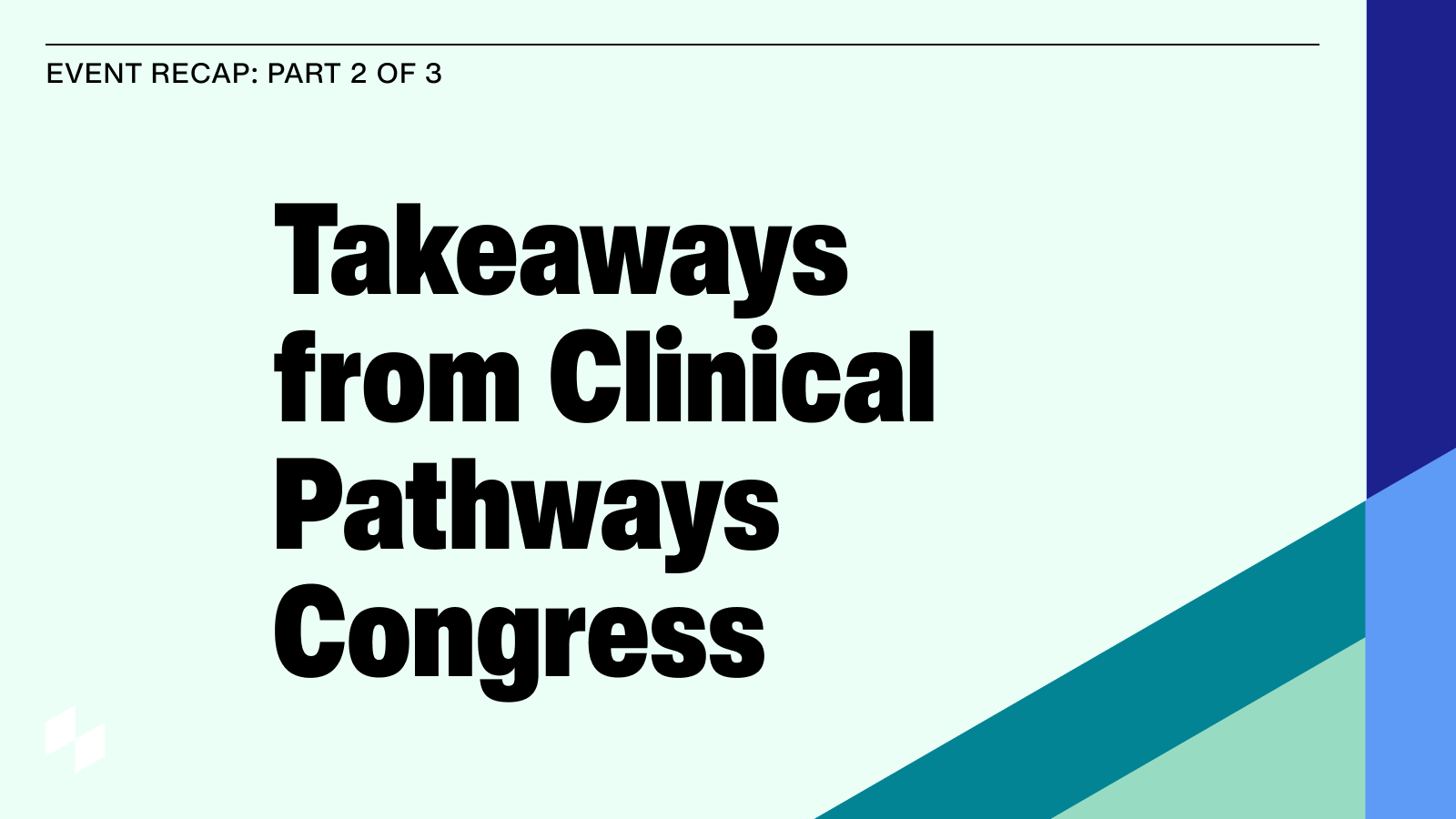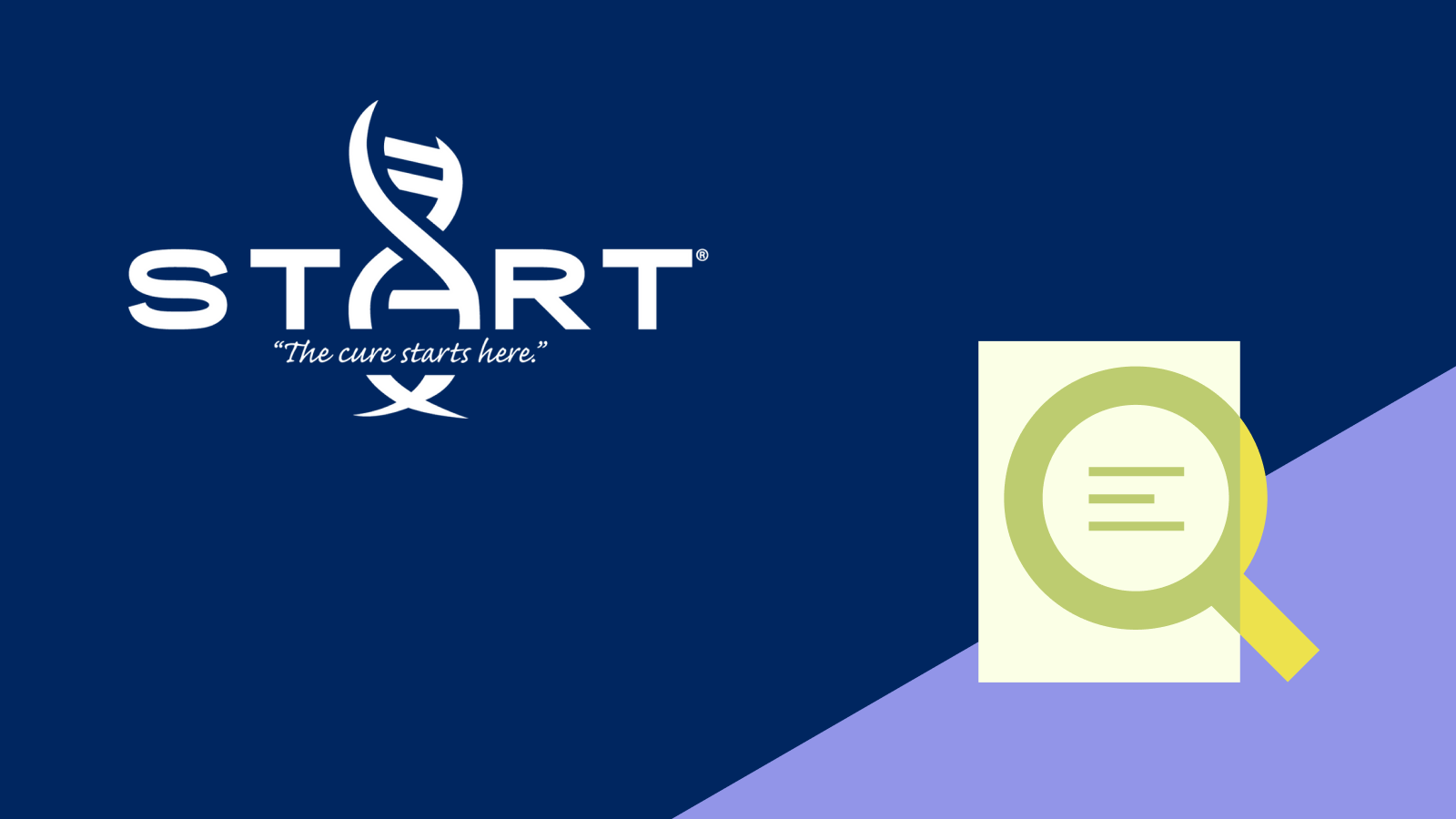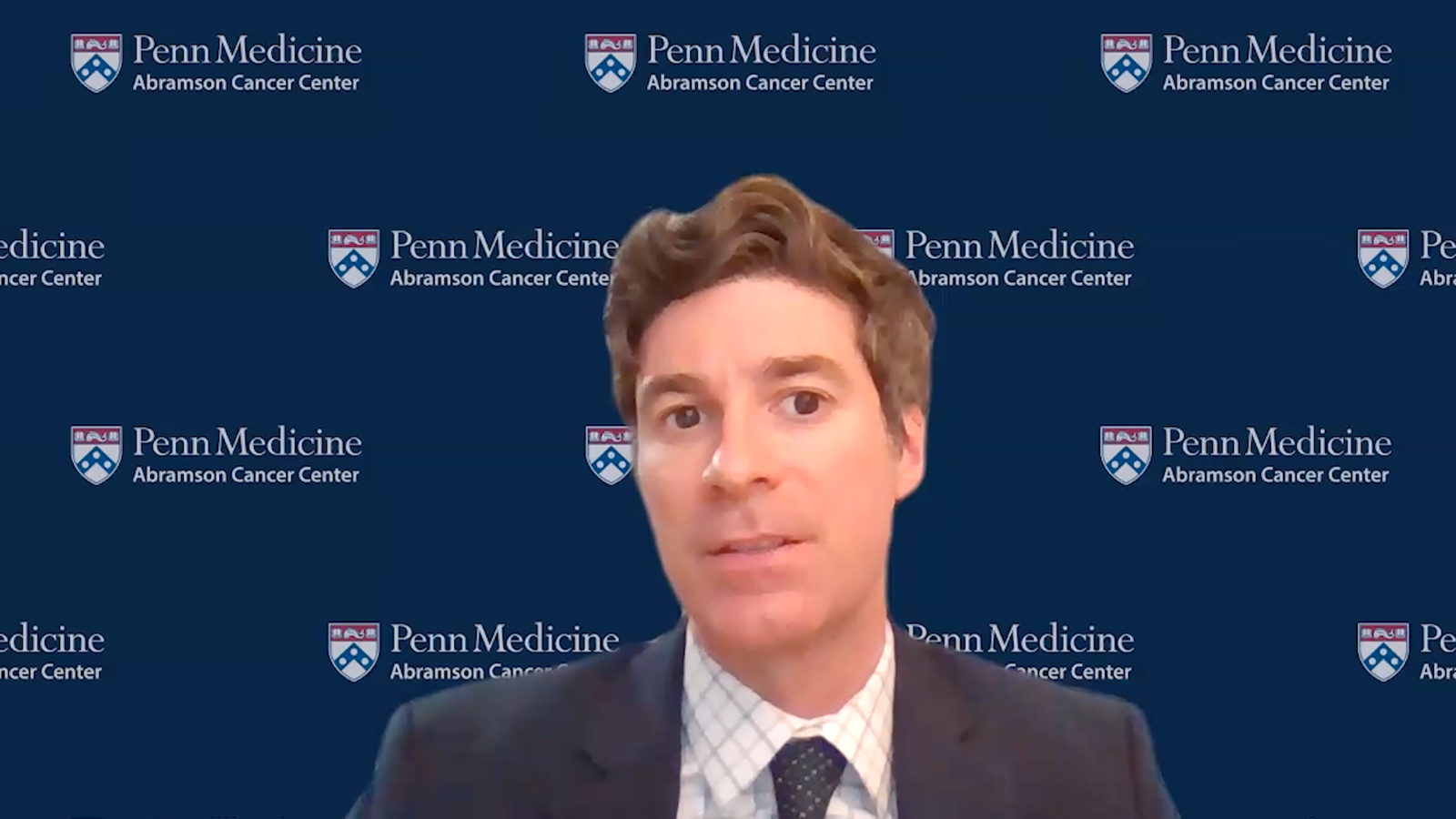Our knowledge of how to treat cancer is accelerating at a truly staggering rate. In the last year alone, we have seen over 40 FDA approvals and updates for oncology therapies as well as dozens of updates to clinical guidelines and treatment pathways.
As an oncology pharmacist by training with a background in direct clinical care, I’m excited and grateful to witness the flood of new pharmaceuticals and recommended treatment pathways for all different types of cancer. The National Comprehensive Cancer Network (NCCN) is publishing new guidelines at an unprecedented rate as the industry improves our ability to treat cancers more efficiently and effectively.
The astounding pace of innovation is exceptional news for our patients – but as a clinician, the sheer volume of new information makes it impossible to stay fully informed about updates in every area of the oncology ecosystem.
Often, clinicians have to be attending the right conference at the right time to get immediate news of a practice-changing development, or to have enough time to read a journal article that happens to address what one of their current patients is going through.
That’s not sustainable for individual clinicians or for our health system as a whole.
Uneven education results in unwanted variation in treatment and outcomes for patients, and it’s frustrating to oncologists who end up feeling like they don’t have the time or the tools to provide the best possible care.
In oncology, pharmacists play an important part in helping their clinical partners keep up with the latest developments and recommendations. In a previous role, for example, I was in charge of building out all the new regimens for our EHR, which helped physicians make better decisions about patient care. But they didn’t always know when something was updated, or why, or how to best translate those changes into a comprehensive care plan for their patients.
As a result, I ended up creating a monthly newsletter that summarized the release of new therapies, new guidelines, or new biomarkers and provided the pharmacy perspective on the impact of these advancements. The recipients were very appreciative, but the information wasn’t integrated into the EHR. It wasn’t accessible in their workflow exactly when they needed it. And it wasn’t tailored to the specific needs of the patient sitting in front of them.
I knew there had to be a better way to get the invaluable expertise of a specialized oncology pharmacist into the hands of physicians in a predictable, accessible, and workflow-friendly manner.
That’s why I joined Flatiron as the next step in my career. Flatiron Assist is that oncology pharmacist (and so much more).
Backed by a team of multidisciplinary clinicians collecting and validating new oncology information, Flatiron Assist surfaces the latest NCCN guidelines, preferred regimens, and other relevant updates to the clinician directly within the EHR and at the point of care.
Flatiron Assist is moving the needle on oncology treatment guidance like never before, and that’s just a portion of what it can help oncologists achieve.
The platform also surfaces relevant information on newly actionable biomarker information and applicable clinical trials, so that patients can get the right testing for their needs and participate in research opportunities that could significantly benefit their care.
By making these insights available without extra effort on the clinician’s part, it’s like having an entire dedicated clinical team in their corner every step of the way. It reduces cognitive burdens, fosters equitable care, and allows practices to stay on the cutting edge of what we can do for our patients.
I’m proud to be a part of this breakthrough evolution in oncology care, and I’m excited to continue working with the Flatiron Assist team to make standardized, validated, digestible oncology information accessible to everyone exactly when and where they need it.



